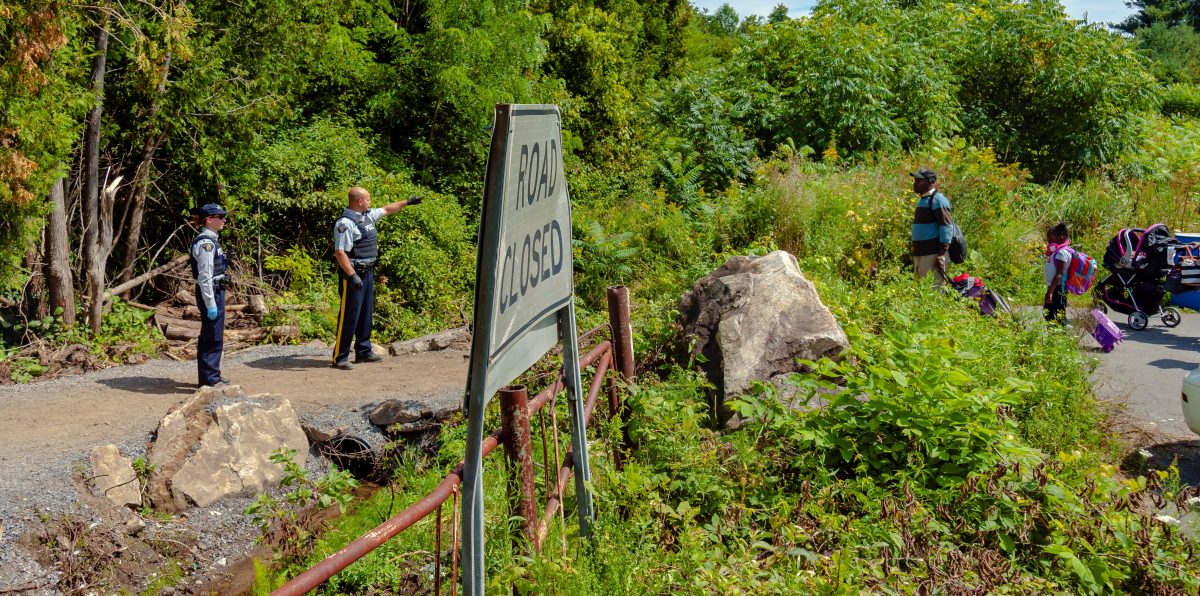The Safe Third Country Agreement in 2021
Overview
The Safe Third Country Agreement (STCA) is a bilateral agreement between the United States and Canada that regulates immigration. The agreement is designed to ensure that refugees and asylum seekers apply for protection in whichever of the two countries they reach first. More background information on the agreement can be found here.
Since the STCA came into effect in 2004, advocacy groups in Canada have called for its abolition, arguing that the United States poses a more significant risk of refoulement than does Canada because of strict U.S. immigration and detention policies. The principle of non-refoulement—not returning refugees to a country or territory where they may face threats to their life or freedom—is central to both the 1951 Refugee Convention and the 1967 Protocol.
This international principle has been directly linked to Section 7 of the Canadian Charter of Rights and Freedoms, which states: “Everyone has the right to life, liberty and security of the person and the right not to be deprived thereof except in accordance with the principles of fundamental justice.” On this basis, the STCA has twice been challenged in the Federal Court of Canada. On both occasions, it was found that the STCA violates Section 7.
The first case, brought in 2005 by Amnesty International, the Canadian Council for Refugees, and The Canadian Council of Churches, was overturned in 2008 on technical grounds. The same group of organizational claimants (with additional individual claimants) made another challenge more than a decade later, in response to Trump Administration immigration policies. This case was heard in 2019, and a Federal Court judge ruled the STCA unconstitutional in July 2020.
In August, the Government of Canada appealed this decision, once again citing technical and legal errors. In October, the initial six-month stay of execution of the ruling was extended, keeping the STCA in effect until the Federal Court of Appeal makes its ruling. The Court heard the case on February 23-24 of this year.
The STCA’s violation of Section 7 of the Charter deeply impacts Canada’s ability to call itself a safe haven for refugees. The STCA stands in direct opposition to Prime Minister Trudeau’s viral tweet in 2017 that welcomed all immigrants, regardless of faith, and applauded diversity.
New U.S. President Joe Biden has used Executive Orders to overturn the most extreme immigration policies of the Trump era. But deportations by Immigration and Customs Enforcement are ongoing and immigration detention centres are still in operation. The United States does NOT meet the principles of safety required by Canadian and international law.

What’s next?
Should the Federal Court of Appeal rule in favour of the Government of Canada, the claimants can request that the Supreme Court hear the case.
Should the Federal Court of Appeal uphold the Federal Court of Canada’s decision, the Government of Canada can request that the Supreme Court hear the case, attempt to renegotiate the STCA, or allow the STCA to dissolve.
Photo: RCMP constables intercept asylum seekers crossing the border from New York to Quebec in August, 2017. CC BY-SA 3.0


